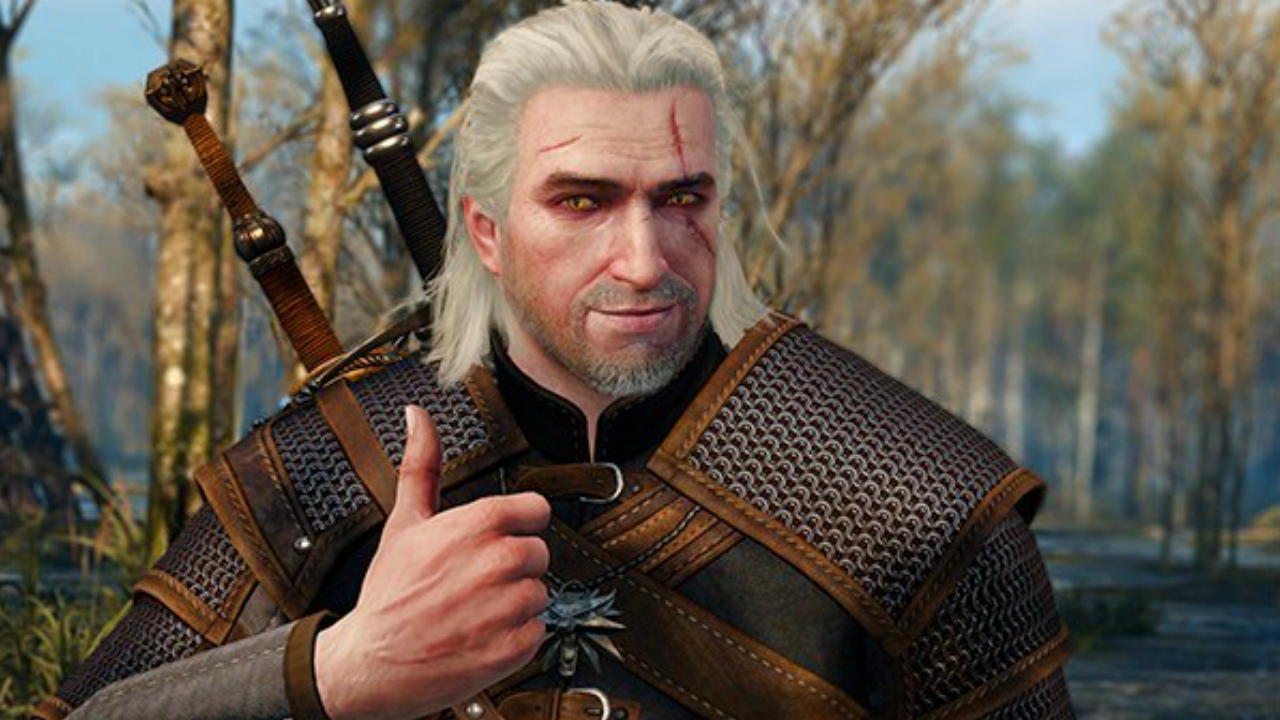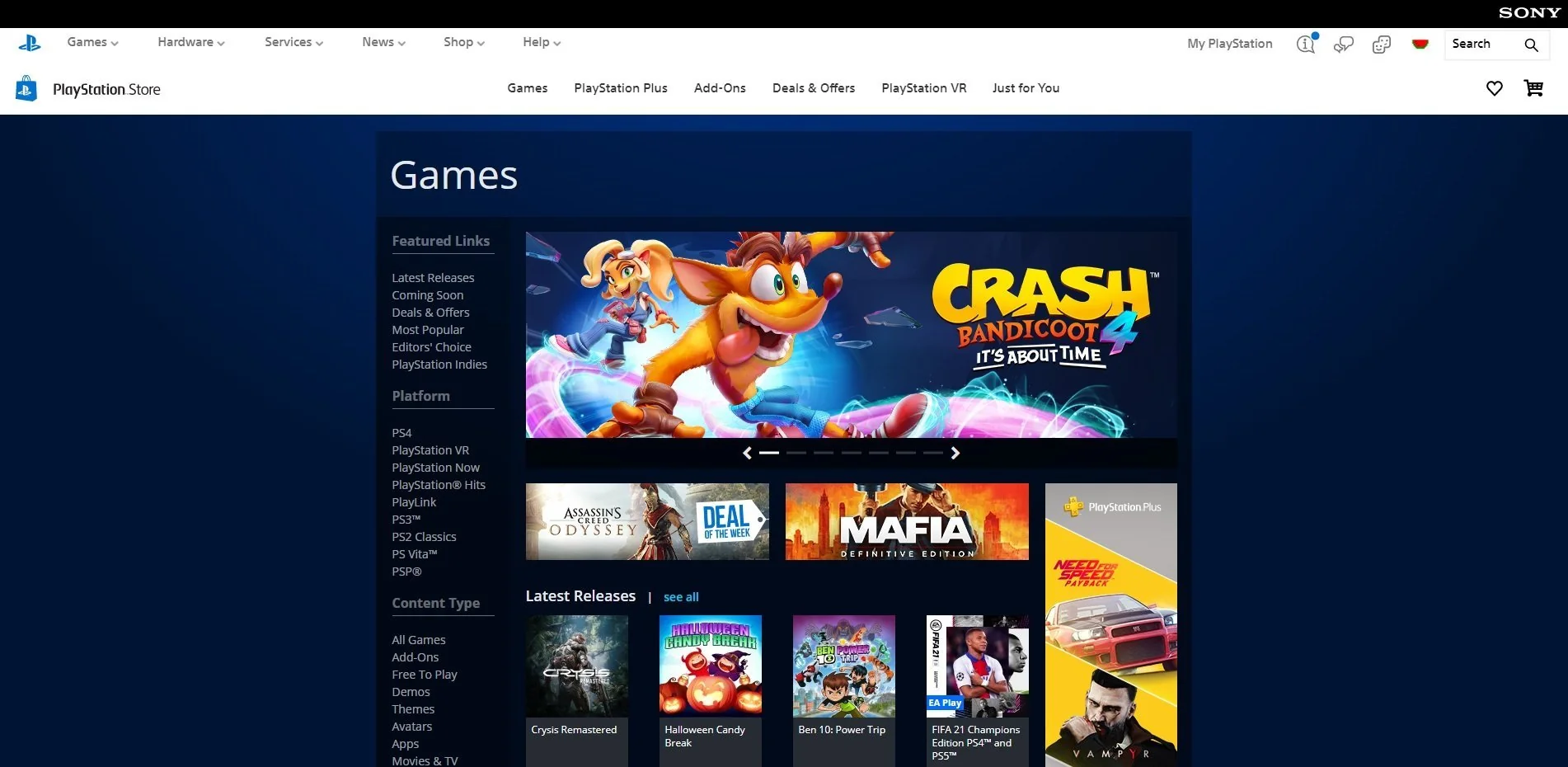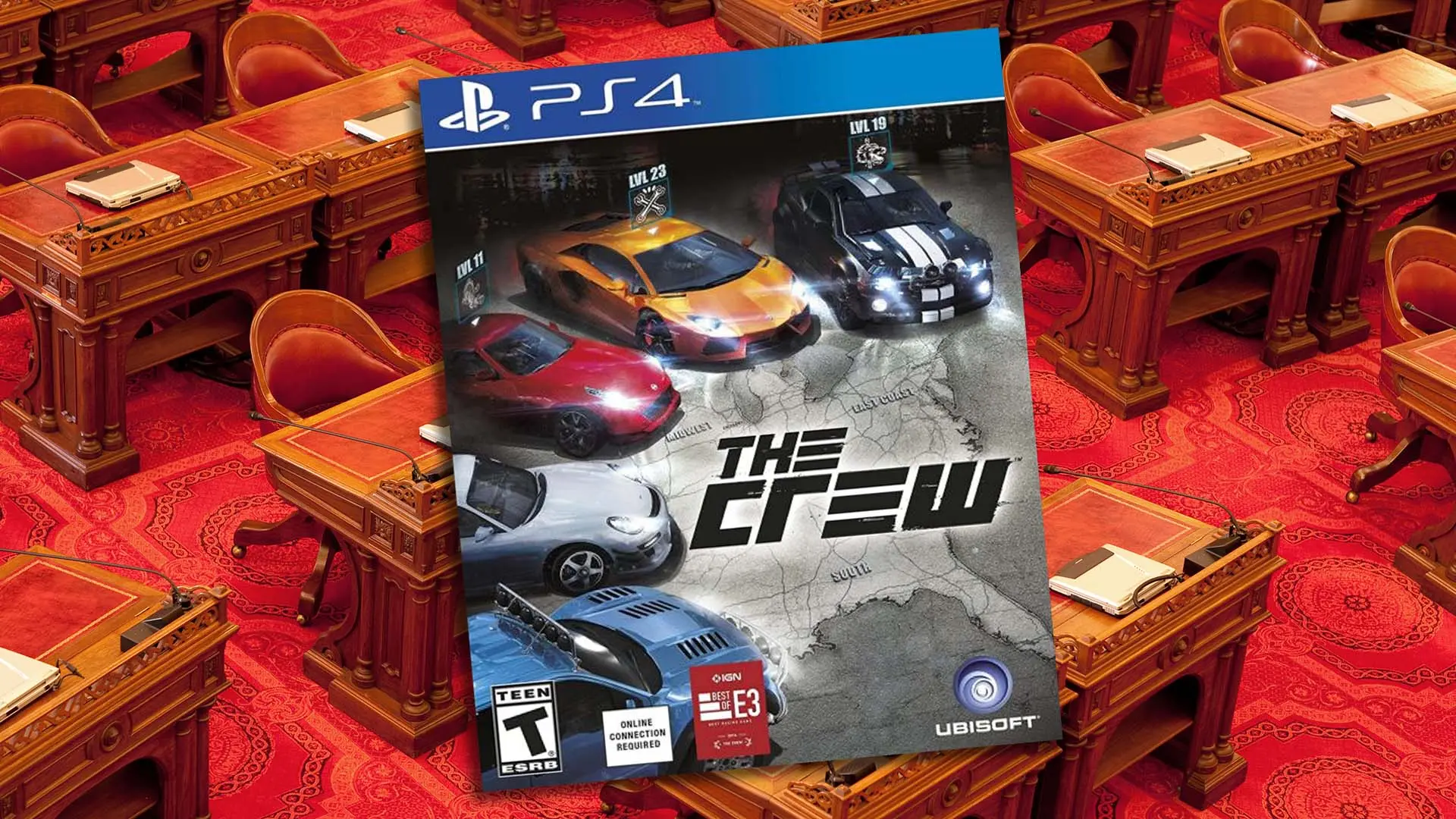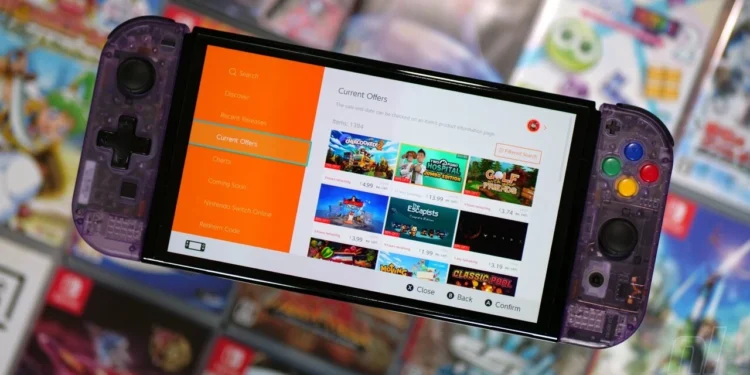In the ever-evolving digital landscape, the way we purchase and own content is undergoing significant scrutiny. A recent legislative move in California is set to change the dialogue around digital ownership, particularly highlighting the nuanced difference between owning and licensing digital games. As this conversation gains momentum, GOG.com, a popular digital game distributor, is seizing the moment to remind consumers of its unique DRM-free approach, ensuring that once you download a game, it’s yours to keep—no strings attached.

California’s Bold Step Towards Transparency in Digital Purchases
Governor Gavin Newsom of California has signed a groundbreaking law that will come into effect next year, which mandates digital storefronts to clarify that consumers are not purchasing but merely licensing digital goods. This includes not just games, but also movies and music. The law prohibits the use of the term “buy” to prevent misconceptions about digital ownership. This legislative change aims to foster transparency and prevent the misleading practices that have become commonplace in digital sales.
This move is particularly relevant in the wake of Ubisoft’s recent shutdown of “The Crew,” which sparked a global consumer rights campaign. The implications of this law could be far-reaching, potentially fining companies for false advertising if they revoke access to purchased games.

GOG’s Stand in a World of Conditional Ownership
In response to California’s legislative update, GOG, owned by the parent company of famed game developers CD Projekt (creators of Witcher and Cyberpunk), humorously tweeted, “If only there was a storefront that actually lets you own your games.” GOG has long championed DRM-free gaming, allowing gamers to download and keep their games indefinitely, irrespective of licensing issues or store closures. Unlike other digital platforms where games reside behind DRM protections and require constant online checks, GOG offers offline installers ensuring that your gaming legacy remains in your control.
Despite this, GOG acknowledges that what they offer is also a form of license, but one that fundamentally respects consumer rights more than most. “When we said we let you ‘own’ your games,” GOG clarified in a follow-up tweet, “we meant that no matter what happens—whether it’s licensing issues, storefronts shutting down, or even a zombie apocalypse cutting off your Internet—you’ll still be able to play them thanks to our offline installers.”

The Broader Implications for Digital Content Providers
The issue of digital ownership extends beyond games to encompass all forms of digital media. As platforms like Steam, Epic, and others continue to dominate the market, they often impose more restrictive DRM practices that can inhibit the user’s control over their purchased content. In contrast, GOG’s model offers a beacon of hope for more consumer-friendly practices in the digital age.
This ongoing debate highlights a significant shift in consumer expectations and market practices. As we navigate the complexities of digital rights and ownership, the industry must evolve to better accommodate and respect the rights of consumers. California’s law could be the first of many such changes globally, prompting digital content providers to rethink their approach to consumer rights and digital ownership.










